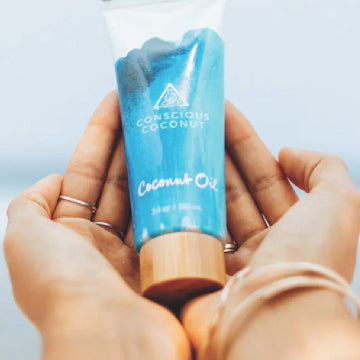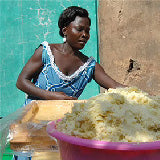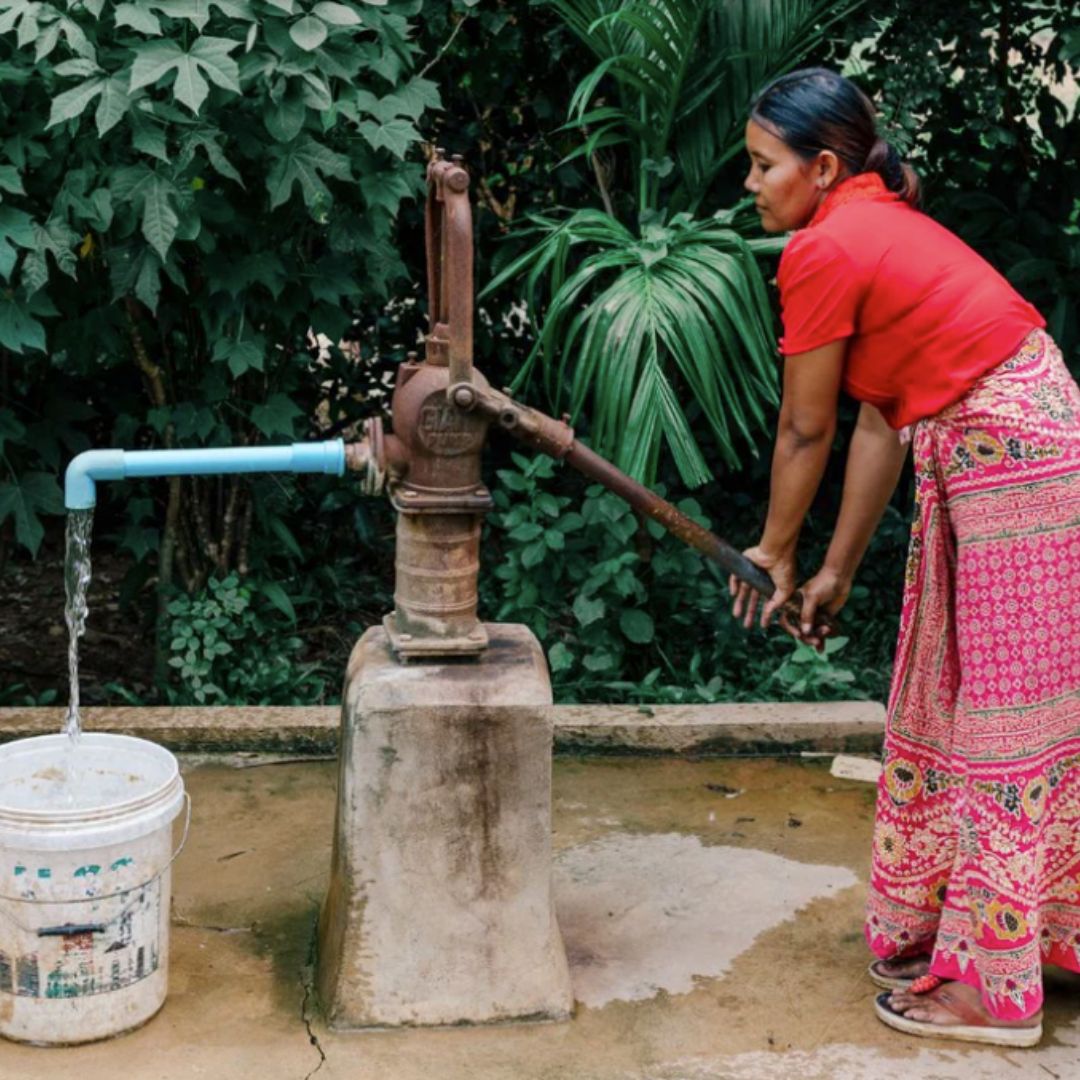Fair Trade Beauty From Central & South America
When we shop for beauty, we all know to look for products that are clean, sustainable, and cruelty free. But as conscious and well-meaning as we are when it’s time to check out, do we ever ask about who made our products and the conditions they made them in?
Since October is Fair Trade Month, we are thrilled to highlight some of the amazing Fair Trade beauty brands from Central and South America, that Beautyologie partners with!
Tierra & Lava (Guatemala)
Tierra & Lava in Guatemala is a natural skincare brand that blends ancient Mayan knowledge with modern science to craft the perfect fair trade certified products. Founder Lucy Ashman builds relationships with the farmers who produce their product ingredients and financially supports them so they can carry on the legacy of their disappearing traditional Mayan practices. Indigenous ingredients include Copal, Black Salt and beeswax, among others.
Dominga Bo is a Copal producer for Tierra & Lava. Copal is traditionally used by the Maya in Guatemala for burning during sacred ceremonies and is believed to purify the air and spirit. Copal is a tree resin similar to amber with a smoky, sweet aroma. Modern Mayan incense is often a combination of Copal, Frankincense, Myrrh and Pine resin.
In the Guatemalan village of Uaxactun neighboring the ancient Mayan city Tikal, the main form of income is harvesting Xate (palm tree leaves) which pays $8 per day. This is what Dominga Bo does when the weather is favorable. Wild-harvesting copal from trees pays almost double – the result is a 90% raise in income. The capacity and resources exist to scale copal harvests by more than 100 times providing more Uaxactun women with work. Their plan is to increase demand for this powerful ingredient.

Tierra & Lava producer Don Rafa comes from a beekeeping family of many generations - he began his practice at age 11. Don Eduardo (above right) wanted to study medicine, but his family could not afford his education. He left their village for city jobs, but returned to care for his aging parents. One daughter is a social worker, the other a law student; beekeeping paid for their education. Don Eduardo learned beekeeping from Don Rafa, which proved to be an ideal business requiring very little capital or employees. He works with 18 hives deep in the mountain, unspoiled by any kind of human pollution. He loves the patience and experience beekeeping requires.
Don Max is one of the few people extracting salt in his village. This used to be a thriving industry with national tourists coming to acquire the precious salt – both for the flavor and the medicinal uses. Now, although the ground salt is sold packaged by the pound by the side of the road in the town, what with floods, long and intense labour in days when a much higher salary can be earned its less effort, the younger generation is not keen to follow in the family tradition.
Learning from generations before him, Don Max carries on what he considers a sacred tradition. The house he prepares the salt in has been there as long as he or his mother could remember. The soil he uses to strew over the salt flats has been recycled for the same amount of time.

Candela Peru (Peru)
Candela Peru is a leading organization in the development of ethical markets for quality organic products for the last 25 years with an emphasis on strengthening the Amazonian and Andean value chains through the empowerment of the capacities of rural producers, making sustainable use of the ecosystems from which they come. Facial and hair care products such as Copaiba Oil, Bataua Oil, Brazil Nut Oil and Buriti Oil are just one of the many categories of products manufactured by Candela Peru.
Example of how they sustainably source their ingredients - The Brazil nuts that fall from the trees naturally in the Amazon are collected by Candela Peru producers. Once brought to a collection center, they’re transported to a facility where they’re processed and turned into products marketed worldwide. Candela Peru considers their producers the protagonists in their value chain model, making them one the leaders in fair trade products in South America.

Essential Oils Peru (Peru)
Essential Oils Peru specializes in high quality oils from Amazonia, the Andes and dry Forest of Peru. Popular oils include Rosewood and Palo Santo. Their business model and the network of communities that they manage allow them to bring the best raw materials harvested in a sustainable way. Taking care of endangered resources is one of their main goals, as well as managing projects that ensure different raw materials in the future. When it comes to producing sustainably sourced Palo Santo Oil, the producers for Essential Oils Peru only work with the fallen branches of palo santo trees. They extract the oil from the wood that has fallen to the ground and never cut these trees down.
Wilmer from Mangamanguilla is a producer for EOP and because of his work with the EOP Palo Santo project, he is now able to provide for his family in a way he never was before.















